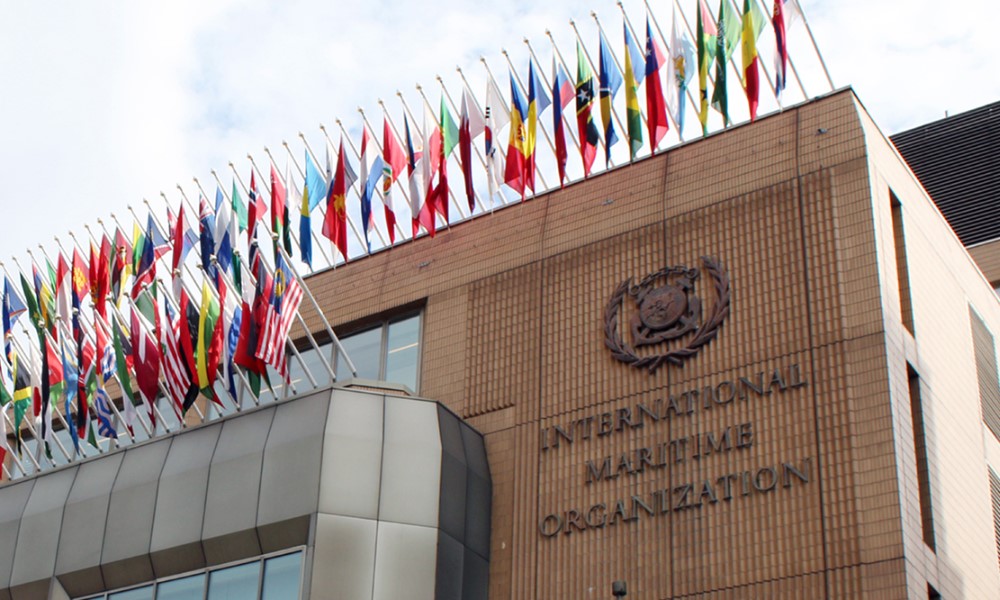Copyright splash247

Wolfgang Lehmacher makes the case for making the UN body stronger. The International Maritime Organization (IMO) could be sailing into a storm of its own making. After its Net Zero Framework ran aground amid global squabbling, the regulator’s critics smell blood in the water. The chorus calling for radical change reached fever pitch when Dr Emma Gillett, CEO and founder of SeaFeedback, labelled the IMO a textbook case of fragmented structure and enforcement paralysis in an article for Splash yesterday. This summary has been echoed across the industry this past month. Fresh frustration is not new in shipping’s halls of power, but this time the drama is more existential. The familiar litany of fragmented rules and lack of real teeth feels amplified, as if the whole edifice is up for demolition. At the heart of it lies the idea that only institutional surgery—clear, sharp, and even simple—can save maritime rule. Ditch the paper trail, sideline the flag of convenience crowd, and do not be afraid to let regional solutions take centre stage. Would the supply chain move faster and cleaner if the IMO got out of its own way? Not so fast. Shipping’s history is littered with cautionary tales. Yes, it is tempting to hurl bureaucratic bricks, but the global trade engine didn’t get here by accident. For half a century, the IMO—warts and all—has forged the rules that kept oil off our beaches and gave certainty to cargo owners and crews. Strip away the global forum and you risk splintering shipping itself. Fragment the IMO, fragment the market: the fallout could turn every voyage into a regulatory minefield and every business plan into an exercise in risk management. The regulatory delays are wearying. However, ditching global governance risks far graver disruption. Today’s crisis is a prompt not for destruction but for vigorous, pragmatic reform. That means standards that can be verified, tools for real-world compliance, and digital upgrades for maritime transparency. The IMO must pivot from aspiration to enforcement, streamlining legacy rules, empowering crews with front-line data, and locking meaningful safety and sustainability into daily operations. There is a softer warning worth heeding as tensions mount: fragmenting the IMO is fragmenting the world. For all the talk of speed and market power, the IMO remains an institution capable of delivering regulatory convergence, which is the glue holding global shipping together. As scrutiny intensifies, shipping leaders would do well to navigate between impatience and prudence. The world’s fleet needs a stronger regulator, not a shattered one. The biggest surprise? Out of today’s muddle, a reinvigorated IMO could become the rallying point for global progress. If the industry chooses reform over rupture.



